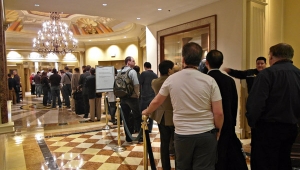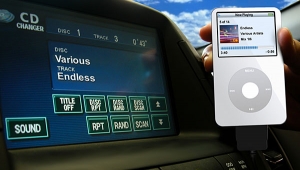| Columns Retired Columns & Blogs |
What happened when the movie industry was bashing video tapes? They didn't understand (or forgot) that most people buy for the best value(quality+price+varity, etc). And they ended up making more money (and movies). More music = more sales = more profit. Give the customer a better mousetrap/value and they will beat a path to your door.


























